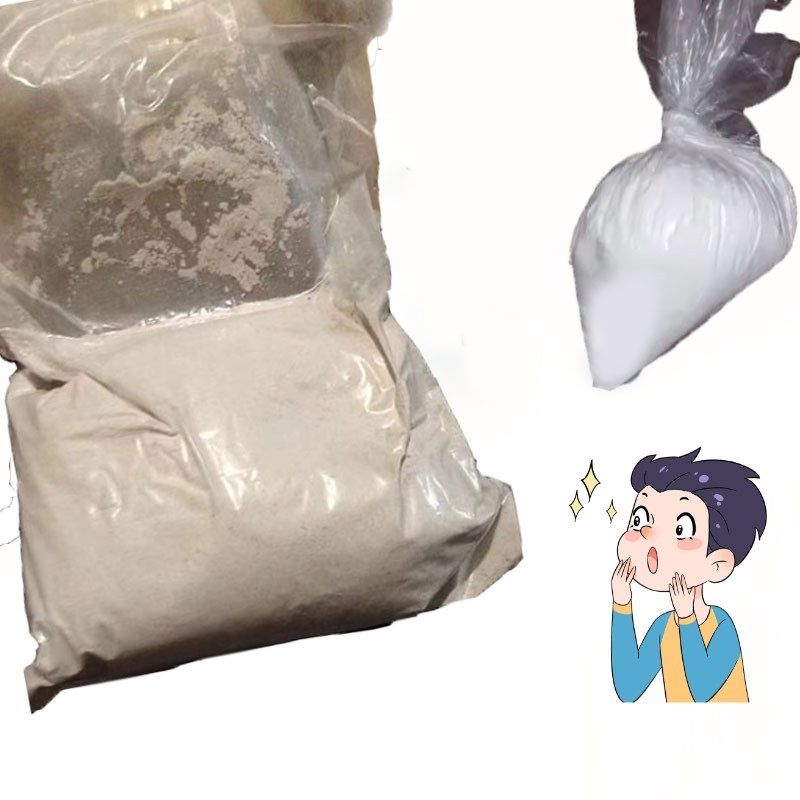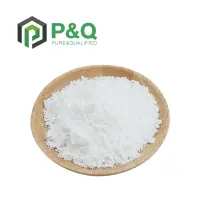-
Categories
-
Pharmaceutical Intermediates
-
Active Pharmaceutical Ingredients
-
Food Additives
- Industrial Coatings
- Agrochemicals
- Dyes and Pigments
- Surfactant
- Flavors and Fragrances
- Chemical Reagents
- Catalyst and Auxiliary
- Natural Products
- Inorganic Chemistry
-
Organic Chemistry
-
Biochemical Engineering
- Analytical Chemistry
- Cosmetic Ingredient
-
Pharmaceutical Intermediates
Promotion
ECHEMI Mall
Wholesale
Weekly Price
Exhibition
News
-
Trade Service
Coffee is one of the major beverages consumed globally
.
One study showed that even during pregnancy, nearly half of the surveyed sample drank at least one cup of coffee a day
Coffee is one of the major beverages consumed globally
A previous review of meta-analyses of 201 observational studies concluded that drinking coffee has more benefits than harms
Because inferences from observational studies are often influenced by confounding factors, a new two-sample Mendelian randomization( MR )approach has been widely used to assess causality
.
A recently published study using a two-sample MR approach suggests that genetically predicted coffee intake may be associated with an increased risk of Alzheimer's disease and intracerebral hemorrhage, but with a reduced risk of small- vessel ischemic stroke
Because inferences from observational studies are often influenced by confounding factors, a new two-sample Mendelian randomization ( MR ) approach has been widely used to assess causality
Magnetic resonance imaging ( MRI ) markers of cerebral small vessel disease are known to be associated with an increased risk of stroke, cognitive impairment and dementia .
In addition, brain volume is one of the surrogate indicators of brain reserve, a concept that has been linked to cognitive function and Alzheimer's disease .
To provide more evidence on the effects of coffee consumption on cerebrovascular disease and cognitive function, this study used a two-sample MR approach to further investigate the genetically predicted effects of coffee consumption on MRI markers of cerebral small vessel disease and brain volume (Figure 1 ) .
daily consumption
daily consumption daily consumptionMR analysis based on the IVW method showed that coffee consumption was inversely correlated with gray matter volume (β = -0.
371 , 95% CI = -0.
MR analysis based on the IVW method showed that coffee consumption was inversely correlated with gray matter volume (β = -0.
371 , 95% CI = -0.
596 to -0.
147 , p = 0.
001 ) (Figs 2 , 3 ) .
The effect of coffee consumption on gray matter volume was confirmed using replicate analyses of four SNPs from another independent study .
Neither the primary nor the replication analysis found an effect of coffee consumption on other outcomes .
The effect of coffee consumption on gray matter volume was confirmed using replicate analyses of four SNPs from another independent study .
Neither the primary nor the replication analysis found an effect of coffee consumption on other outcomes .
High vs.
low / no coffee consumptionHigh vs.
vs.
Low Low // No Coffee Consumption No Coffee Consumption
MR analysis based on the IVW method showed that high coffee consumption was associated with reduced gray matter volume (β = -0.
061 , 95% CI = -0.
MR analysis based on the IVW method showed that high coffee consumption was associated with reduced gray matter volume (β = -0.
061 , 95% CI = -0.
109 to -0.
013 , p = 0.
013 ) (Figure 3 ) .
This MR study, which included two samples, showed that the number of coffee cups consumed per day was inversely correlated with the gray matter volume of the brain
.
In addition, high coffee consumption was associated with reduced gray matter volume compared with low / no coffee consumption
.
No evidence was found that genetically predicted coffee consumption was associated with WMH volume, mean diffusivity, fractional anisotropy, BMB , total brain volume, white matter volume, or hippocampal volume
.
.
In addition, high coffee consumption was associated with reduced gray matter volume compared with low / no coffee consumption
.
No evidence was found that genetically predicted coffee consumption was associated with WMH volume, mean diffusivity, fractional anisotropy, BMB , total brain volume, white matter volume, or hippocampal volume
.
Original source:
Original source:Zheng BK, Niu PP.
Higher Coffee Consumption Is Associated With Reduced Cerebral Gray Matter Volume: A Mendelian Randomization Study.
Front Nutr.
2022;9:850004.
Published 2022 Mar 17.
doi:10.
3389/fnut.
2022.
850004
Higher Coffee Consumption Is Associated With Reduced Cerebral Gray Matter Volume: A Mendelian Randomization Study.
Front Nutr.
2022;9:850004.
Published 2022 Mar 17.
doi:10.
3389/fnut.
2022.
850004Leave a comment here







